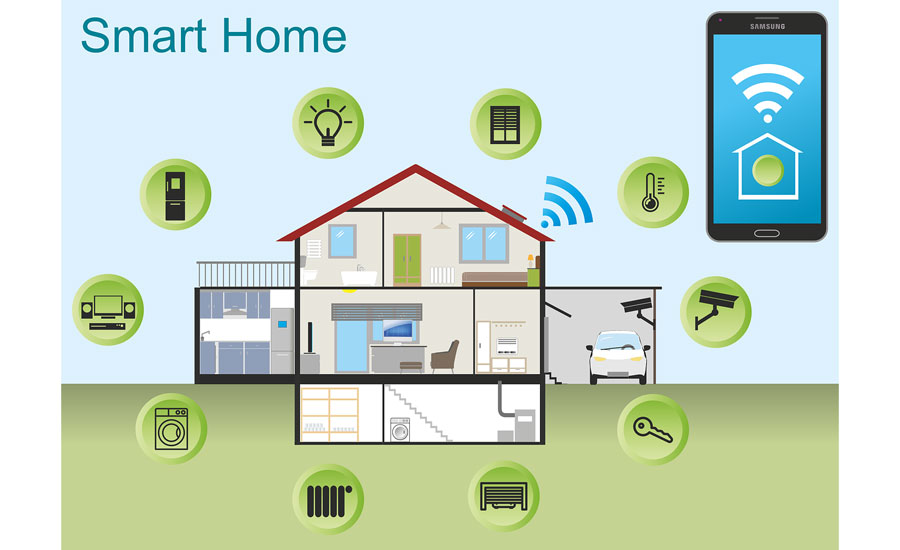The Partnership In Between Weather Condition Conditions And Heatpump Efficiency, Together With Solutions To Improve Efficiency
The Partnership In Between Weather Condition Conditions And Heatpump Efficiency, Together With Solutions To Improve Efficiency
Blog Article
Content Writer-Drejer Greve
When it involves your heatpump, weather plays a vital duty in its performance. From freezing temperature levels to sweltering heat, each component can impact just how successfully your system runs. However what can you do to combat these weather-related obstacles and ensure your heat pump is working at its finest? Remain tuned to discover sensible suggestions and methods to maximize your heat pump's performance, despite the weather it encounters.
Weather Factors Impacting Heat Pump Efficiency
Weather condition elements have a considerable effect on the effectiveness of heat pumps. One critical factor is temperature. Heatpump function by transferring heat from outdoors to within during wintertime and the other way around in summertime. As temperature levels drop, it comes to be harder for the heat pump to remove warm from the outside air, minimizing its efficiency.
One more key element is humidity. High humidity levels can make it much more tough for the heatpump to launch heat throughout the cooling procedure.
In addition, wind speed plays a role. Solid winds can dissipate the heat soaked up or launched by the heatpump, affecting its general performance.
Tips for Optimizing Heat Pump Efficiency
To improve the efficiency and longevity of your heatpump, carrying out a couple of key techniques can make a substantial difference in its performance.
Firstly, make heatpumps by cleaning or changing filters every 1-3 months to avoid air flow blockages and optimize air flow. Additionally, schedule annual expert assessments to discover and deal with any type of potential problems beforehand.
Ideal thermostat setups additionally play a critical function. Throughout the winter months, go for a temperature setup that's as reduced as comfortable, and throughout the summertime, set it as high as comfy to minimize the workload on your heatpump. Making use of a programmable thermostat can aid you immediately readjust settings based on your routine.
In addition, sealing leaks in ductwork and protecting ducts in unconditioned spaces can protect against power loss and improve total system efficiency.
Lastly, consider installing a clever thermostat that can discover your behaviors and adjust settings accordingly, more maximizing your heat pump's efficiency. By following these ideas, you can ensure your heatpump operates effectively and properly throughout the year.
Best Practices for Weatherproofing Your Heat Pump
For optimal performance and performance of your heat pump, implementing weatherproofing actions is vital. Start by securing any gaps or fractures around doors, home windows, and ductwork to stop warm loss and preserve a constant interior temperature.
Shield subjected pipes and ducts to stop freezing throughout winter and make certain correct airflow. Consider installing https://www.thestatehousefile.com/politics/high-temperatures-require-multiple-knozone-action-days/article_843f3ace-f89c-11ec-869a-e32b9998ef1b.html over the outside unit to shield it from severe weather condition aspects like snow, ice, and debris.
Routinely tidy the exterior device to get rid of dust, leaves, and debris that can block air movement and decrease performance. Additionally, maintain the area around the heatpump free from snow, ice, and vegetation to enable appropriate air flow.
Final thought
Since you recognize how weather affects your heat pump efficiency, you can take aggressive steps to optimize its effectiveness. By complying with the suggestions outlined in this write-up, such as normal upkeep, thermostat adjustments, and weatherproofing measures, you can ensure that your heatpump operates at its best despite the weather. Stay ahead of the game and maintain your home comfortable all year round.
